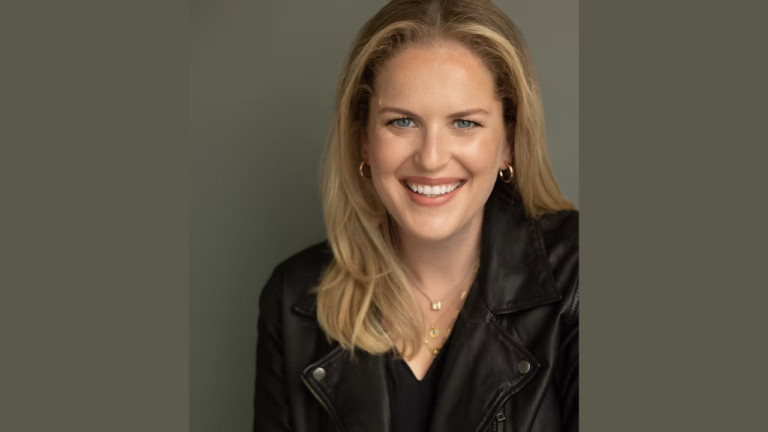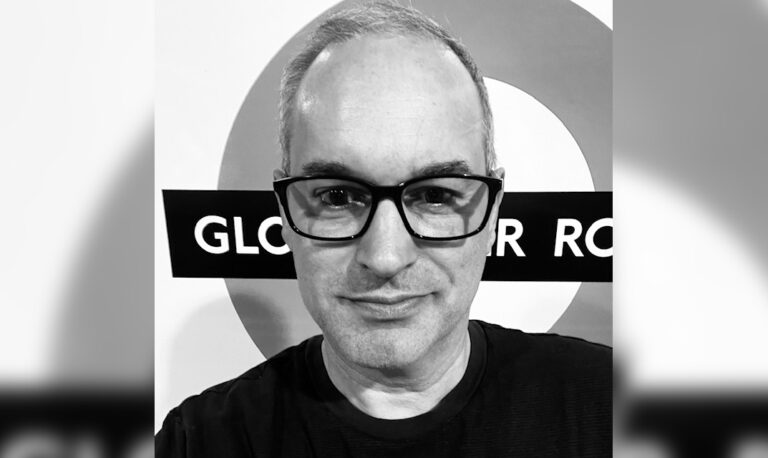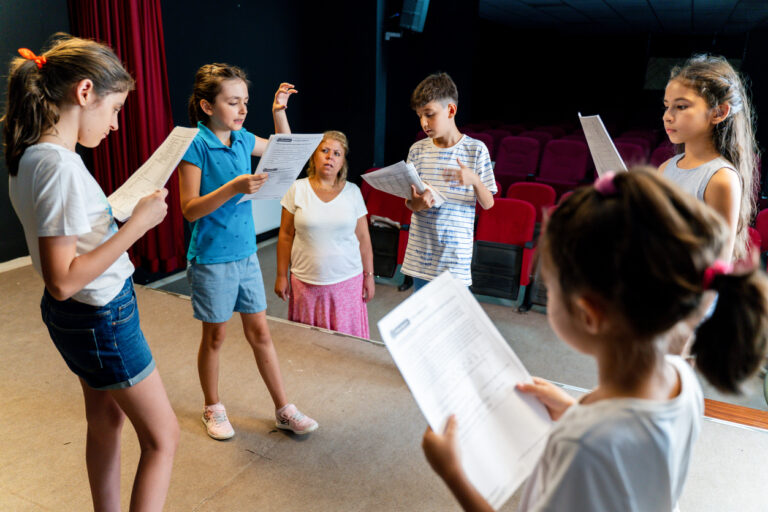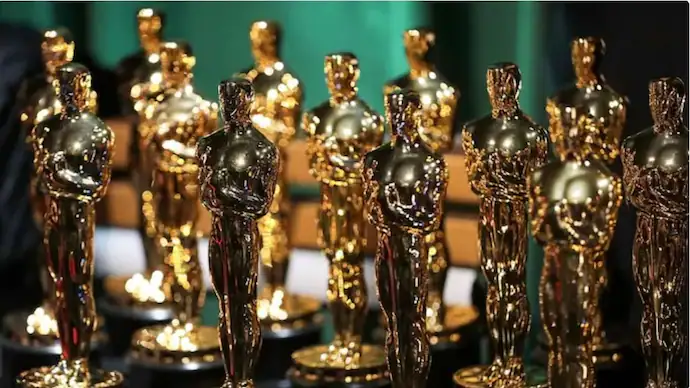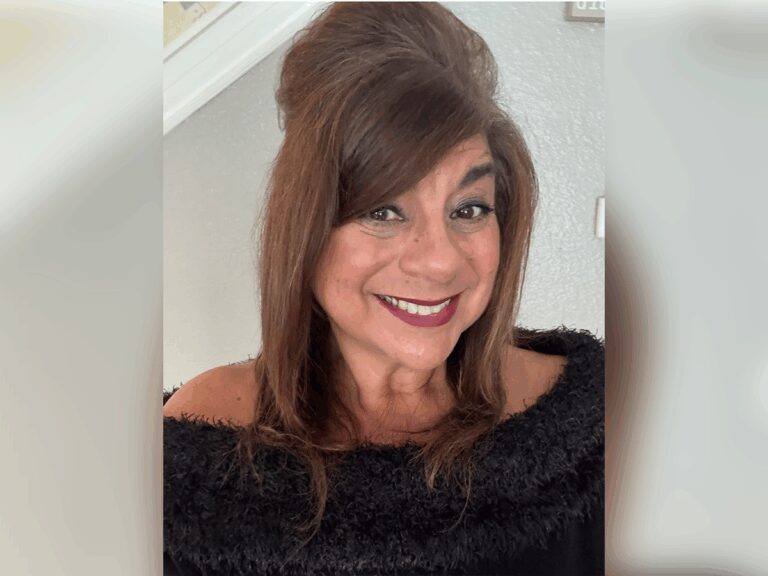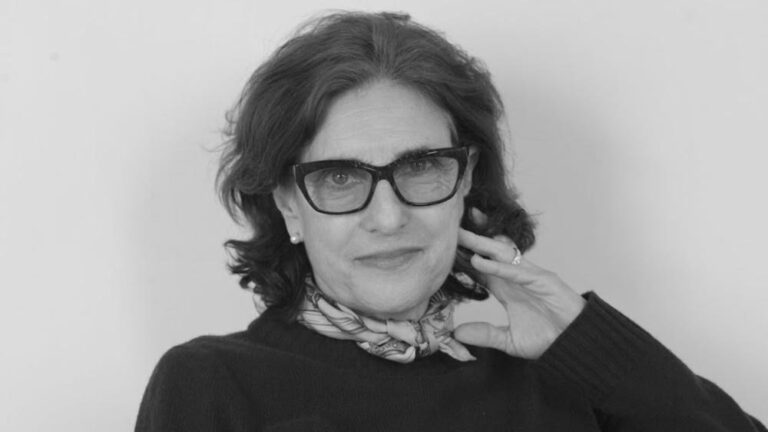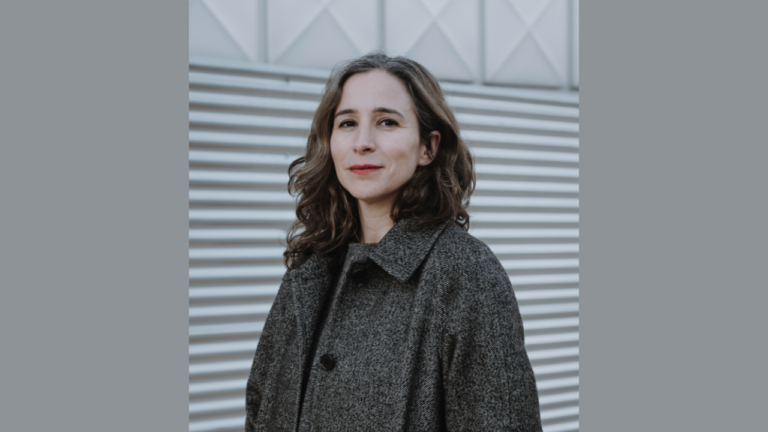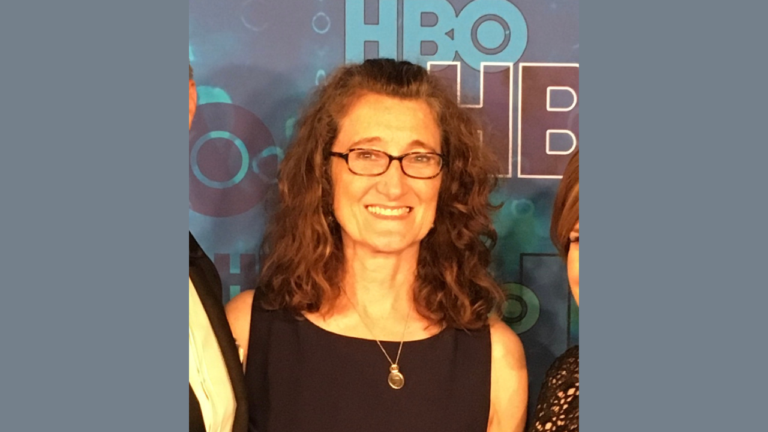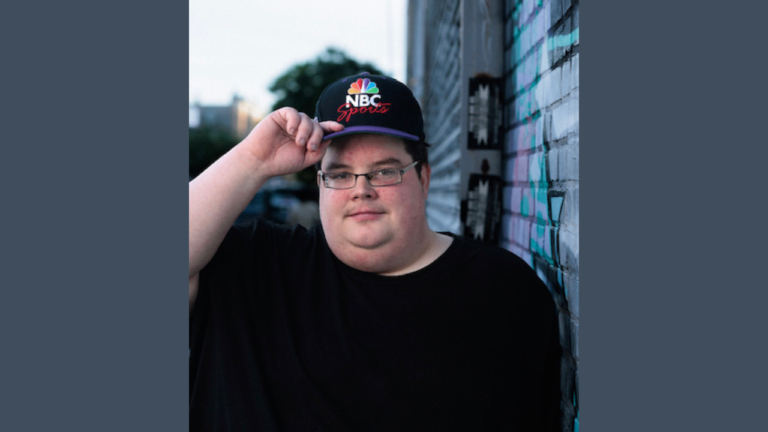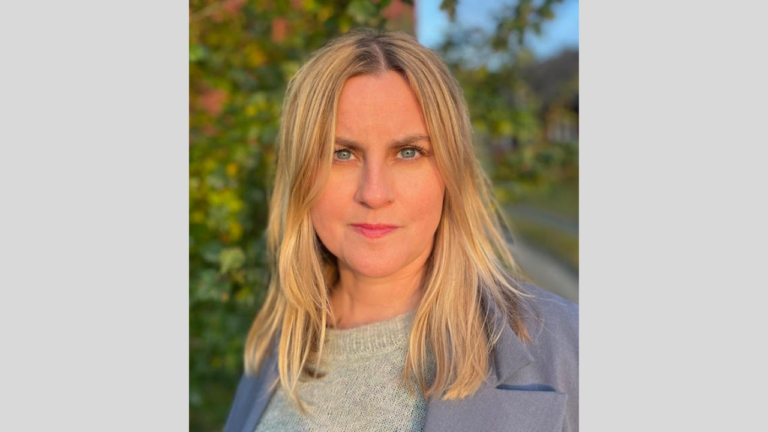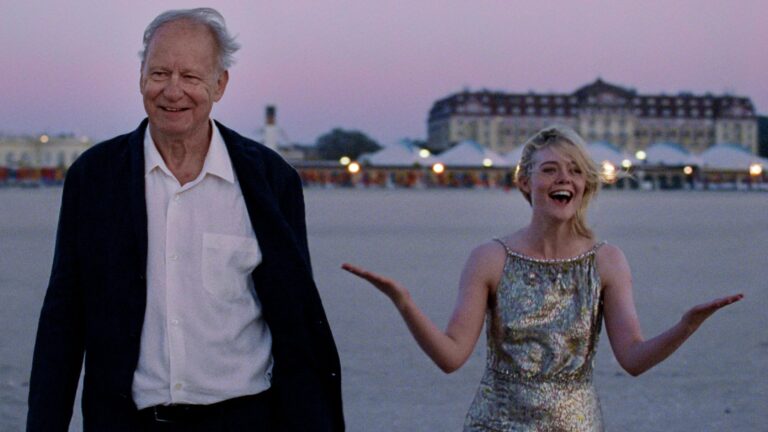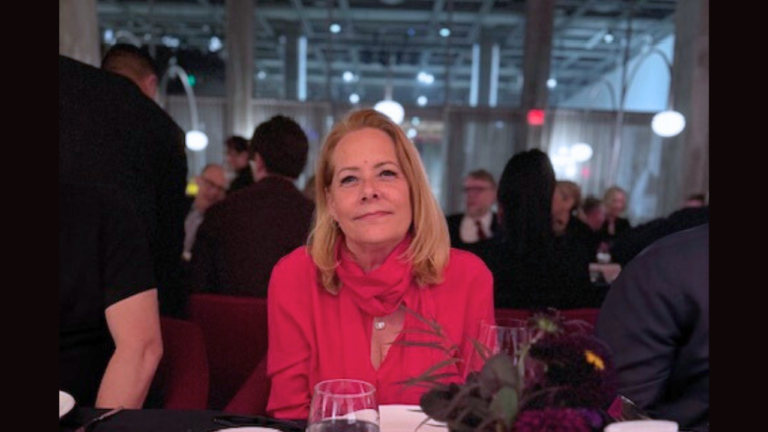If you grew up in the ’90s or early aughts and you watched Nickelodeon or the Disney Channel, chances are you saw the casting work of Joey Paul Jensen. The long-time casting director of family entertainment has been involved in dozens of your favorite shows and has helped to start the careers of just about every actor who came through those systems.
In addition to family entertainment, she also works on a variety of films, including two indies coming out later this year. The first is the Holocaust film Bau: Artist at War, about survivor Joseph Bau and his time both in the concentration camps and after the war, and Soul on Fire, a faith-based biopic about the aftermath of a tragic accident.
Bau, which was also cast by Bim Narine, hits theaters in September. Soul comes out a month later. She spoke with us from her home office in LA.
Insights From Joey Paul Jensen
- Always audition with full confidence and belief that you are the right choice.
- Embrace imagination as your key tool by fully inhabiting every role and commanding the moment with joy and certainty.
- Seek opportunities to develop diverse skills, like live performance or comedy, to stand out and demonstrate versatility to casting directors.
How did you get into casting in the first place?
It was not something I pursued.
It rarely is.
(Laughs) I was an actor as a youngster growing up in Chicago, and I came to California to study acting. I was a graduate of CalArts and doing some nice things with my acting career, and then there was a really bad writers’ strike.
Toward the end of that, a casting director I knew said that her assistant was not coming back. They were doing a couple of shows for Ted Turner, and would I step in and assist her for a little while, while she found a regular assistant. I thought, “Well, this is cool. I’ll get to sit in on auditions and see what happens on the other side.” I thought it was going to be this temporary six-to-eight-week thing.
Clearly, it was a bit more than that.
The company, while I was there that November, got an offer to go to Universal Studios under a contract for five years and do four shows a week for a fledgling network called Fox. They basically came to me and said, “We have to expand quickly, you’ve been here a couple of months, and by January, you will start casting two shows a week on your own.”
That was scary, because at that moment, I was like, “Why are you doing this to me?” I’m an actor. My family was very excited — a regular job with money that’s coming in, benefits and a parking space, and I was just like, “Thank you for believing in my acting career.” (Laughs)
My mom always said, “If a door opens, walk through it, you never know.” So I did, and I had the epiphany that changed my life forever.
Which was?
We were hiring 40 actors a week, roughly 48 weeks a year, four shows, sometimes five shows. It was busy, and when I started [acting] from the time I was a kid, I never did it to become famous. I had to ask myself, “What was my why?”
The why was, “I want to make people laugh, think, smile, wonder,” and I realized, if I gave 40 jobs away a week, I could help that many more people do just that, rather than look for one opportunity to do that for myself.
I’m always fascinated by the epiphany moment where you look in the mirror and say, “I’m a casting director.” What was the inciting moment that got you to that point?
It was a few months into that year. I was acting every day, because I read with actors, and in some ways it was more fun, because I could play all these different parts. Reading the good guy, the bad guy, the judge, the lawyer, the victim, the hero. I could play all these parts creatively, and it was just so enriching.
I had to ask myself, I had gone from being an associate to the casting director after just a couple of months of assisting — which doesn’t happen today. Now it’s pilot season, and I knew that if I was going to quit, this was the time.
I realized that I did not want to walk out, that it gave me so much pleasure, and it felt right. I felt right.
What was it that led you to go out on your own back then?
The contract ended. The Arthur Company had a five-year contract with Universal, and the shows had already done enough to be syndicated, so it didn’t make sense for them to do more.
I was forced to go on my own, but within a few months, I got a Fox pilot. Then I got an opportunity to work with Nickelodeon, and that was really how things started to mushroom for me. Then over to Disney, and back and forth from Disney to Nickelodeon in family entertainment, and then doing movies on the side.
That was actually my next question. You have helped to launch many careers through all your work in family entertainment. Are there particular performers who stick out for you?
There is this crazy feeling that you get. It really is an endorphin rush.
When I was doing The Secret World of Alex Mack for Nickelodeon, I can’t remember the original name of the character, but they changed the name because they loved the real actress, who really didn’t have any acting experience. More modeling experience, really, but there was something about her.
That was Jessica Alba. When she came in, I was just like, “This girl doesn’t even know how gifted she is.” She’s just so understated, but there’s something gripping that’s gonna develop so wildly.
You nailed that one.
Yeah, and it’s completely the opposite of when I first met Shia LaBeouf, who came in to audition for Hey, Arnold at Nickelodeon when he was either eight or nine. I knew him for three and a half years before Even Stevens even happened. When he came in to audition, he looked at everyone and said, “I’m Shia LaBeouf and I’m going to win an Academy Award.”
Wow.
It was bold. Clearly, he was heavily overcompensating, but it was a bold move and made an imprint that was unforgettable. It was raw and unpredictable, and oftentimes it is the rawness, the unpredictability, the passion — when I see that, it really screams a different walk of life that people feel engaged to watch and be curious about.
Do you enjoy working with kids more than the indie fare for adults that you do? Bau: Artist at War, is not a family film, but you clearly still walk in both worlds.
I do. I’m so lucky. I love working with young talent. It just keeps me so nurtured in what we do.
Over the years, the process can really squelch energy, because executives who work for ginormous corporations with stockholders they answer to are insecure about decisions and put people through the ringer.
It wasn’t uncommon for a kid to have eight to 10 auditions to land a role, and it’s crazy, but they had to say to themselves, “Am I going to pay $15,000 an episode to a kid who’s going to hold up the shingle of 100 people who are working on that project and put it on the shoulders of this 12 year old?” I need to be sure.
Artistically, it’s draining. I get it from a business point of view, which is part of the reason I developed the stand-up comedy show for kids that I did for 15 years, because I wanted to prove to these networks that stand-up comedy is the hardest thing to do. You guys picked Roseanne, Jerry Seinfeld and Tim Allen because you felt the model they did as a stand-up would transfer to a television audience. Why don’t we do that with kids?
You started a kids’ stand-up show? Please tell me more about that.
It was a live show twice a year at the Improv, at the HaHa and the Laugh Factory, as a showcase for people, so the networks understood that kids could do the same thing that these other comedians could do.
We taught them how to write material. We paired them with showrunners from Disney and Nickelodeon who coached them. I still think it’s a great training tool, but I feel like I have a really good combination in my career. I love working with young people so much because it’s where the dream is alive.
And the more adult fare?
The reason I enjoy that so much is that I just feel my own connection to great storytelling. That’s how I feel about Bau: Artist at War, and that’s how I feel about Soul on Fire, which is also coming out late this year.
They were very difficult to get off the ground. I started with Bau in 2018, and Soul on Fire, I think, overall, it’s been about three years. There’s that underdog feeling of knowing great stories that need to get out there, and that was my reaction when I came across Bau.
It’s a phenomenal story. I’m Jewish, and I did not know that Joseph Bau was the reason that Schindler was able to do what he did, and that’s really what the story is about.
Joseph and Rebecca are actually in Schindler’s List, because there’s one scene where Steven Spielberg did where this young couple is getting married in the camp. It’s a quick scene to represent that life and the possibility of the future existed, even in these horrible circumstances. Basically, Bau: Artist at War lifts those two people out from that one scene and then explores their whole story.
With all of the work that you do, conducting as many auditions as you do, what piece of advice or wisdom would you give to an actor coming in to see you?
You’re “it.” Whether I’m watching your tape or I’m watching you live, until I decide otherwise, you’re “it.” If you’re auditioning, you can’t have the mindset of an aspiration or desire to get it or be “it,” or hope they pick you.
There is every fiber and cell of your being that just believes “I’m it,” because you are in the moment they’re viewing you. Then it’s just a matter of that belief and command, because an iota of insecurity or excuse that bleeds in just gives away the strength and power you have within you.
It’s your personal command, and that’s what Shia LaBeouf had, even if he was overcompensating for what he wasn’t in his imagination. It’s what he believed, which is crucial, because in today’s market and arena of becoming a successful actor, imagination is really the most important ingredient. It’s training your brain to direct your instrument to have that ultimate, absolute knowing and command joy.
Final Takeaways
Breaking into acting can often feel unpredictable, but listening to industry insiders like casting director Joey Paul Jensen offers valuable clarity. Her journey from actor to casting director reveals important lessons about confidence, versatility, and mindset. Here are a few practical tips for new actors looking to make their mark.
- Walk into every audition fully believing you are the one for the role, without hesitation or doubt.
- Use your imagination to fully embody each character, bringing joy and command to your performance.
- Develop additional performance skills, such as stand-up or live shows, to build confidence and showcase range.
- Stay open to unexpected opportunities, even if they lead you off your original path.
- Remember that persistence and passion can help you navigate the tough business side of acting.
You may also like:


